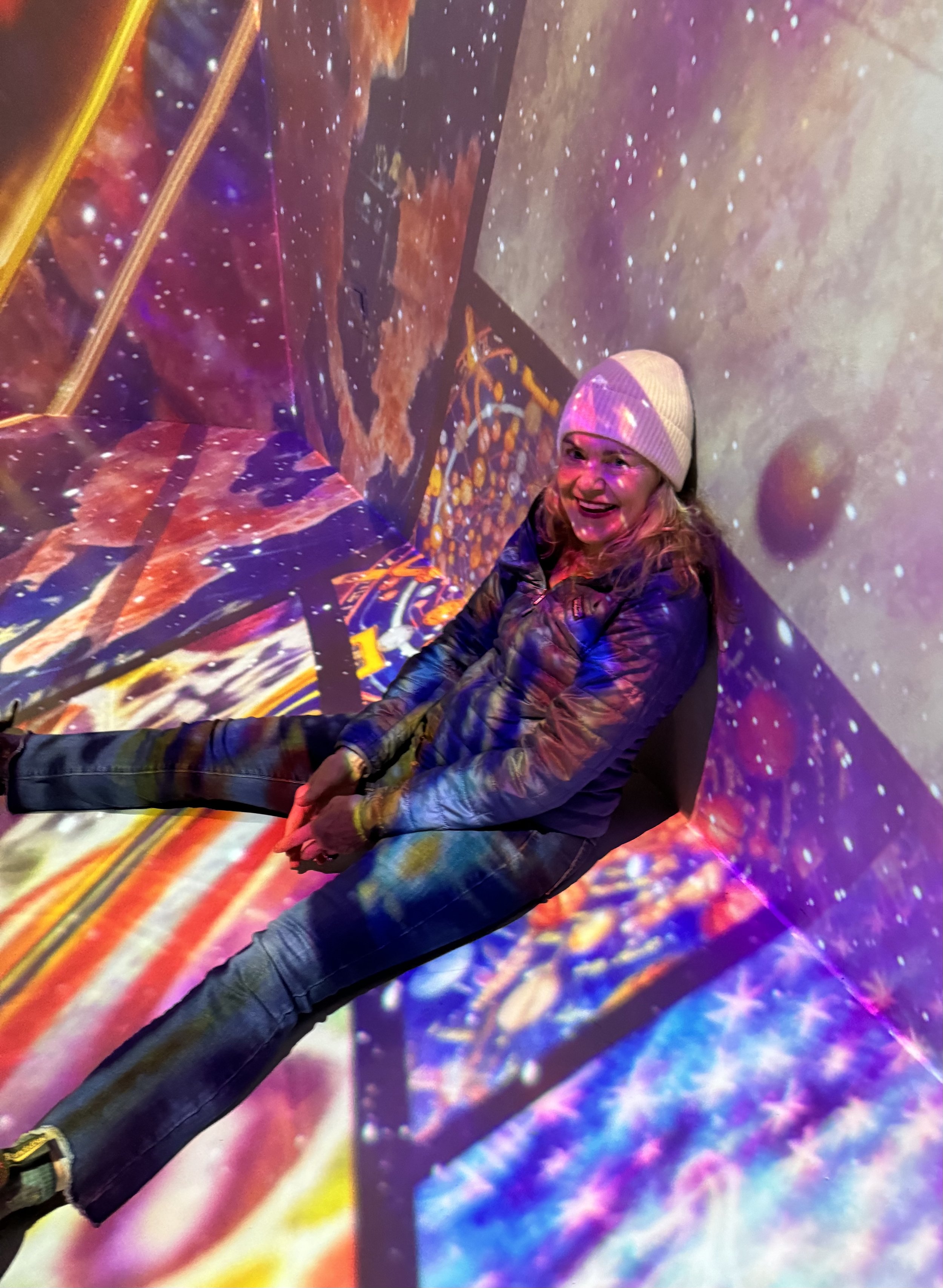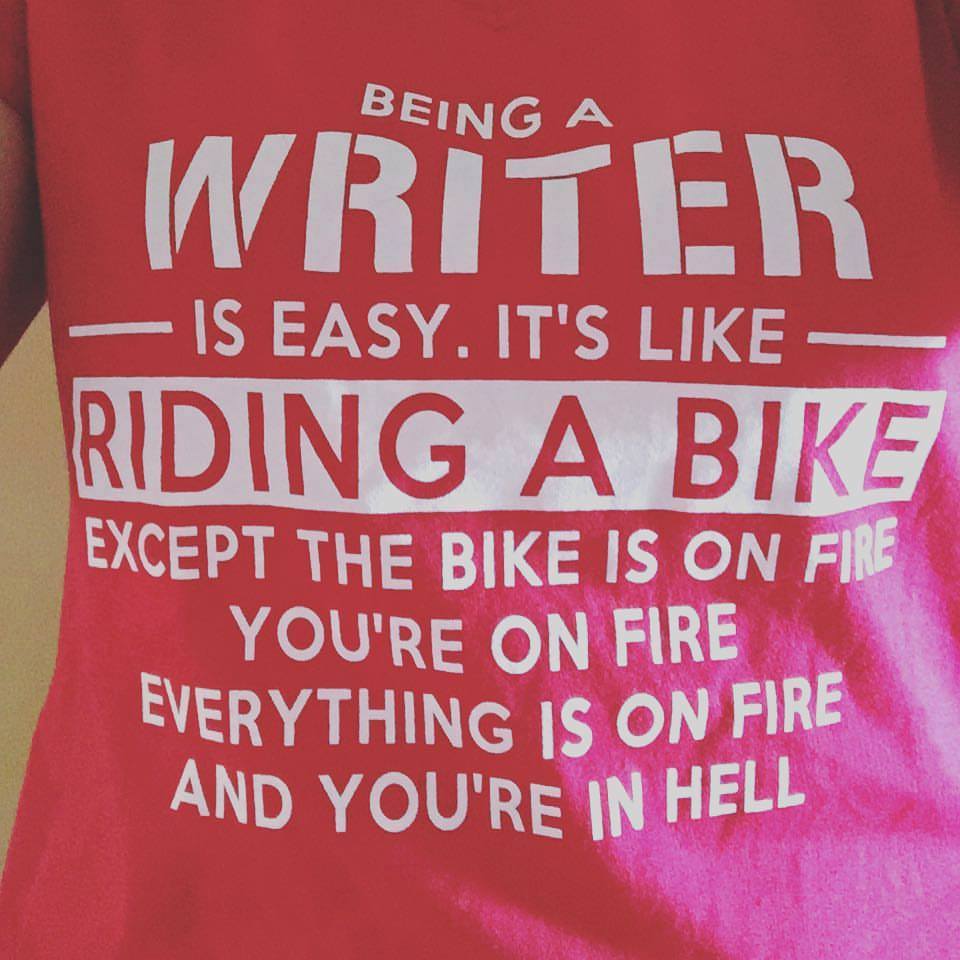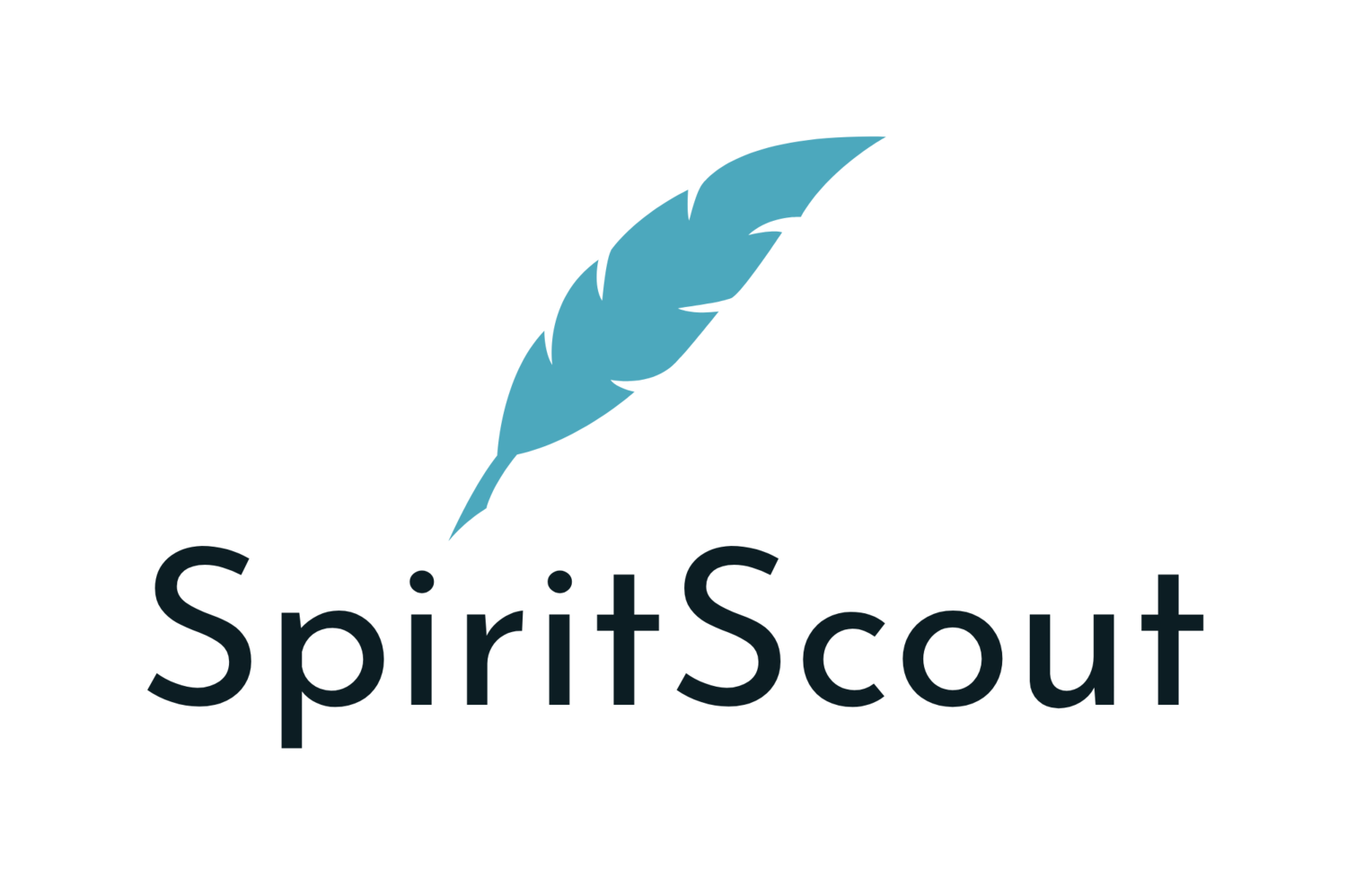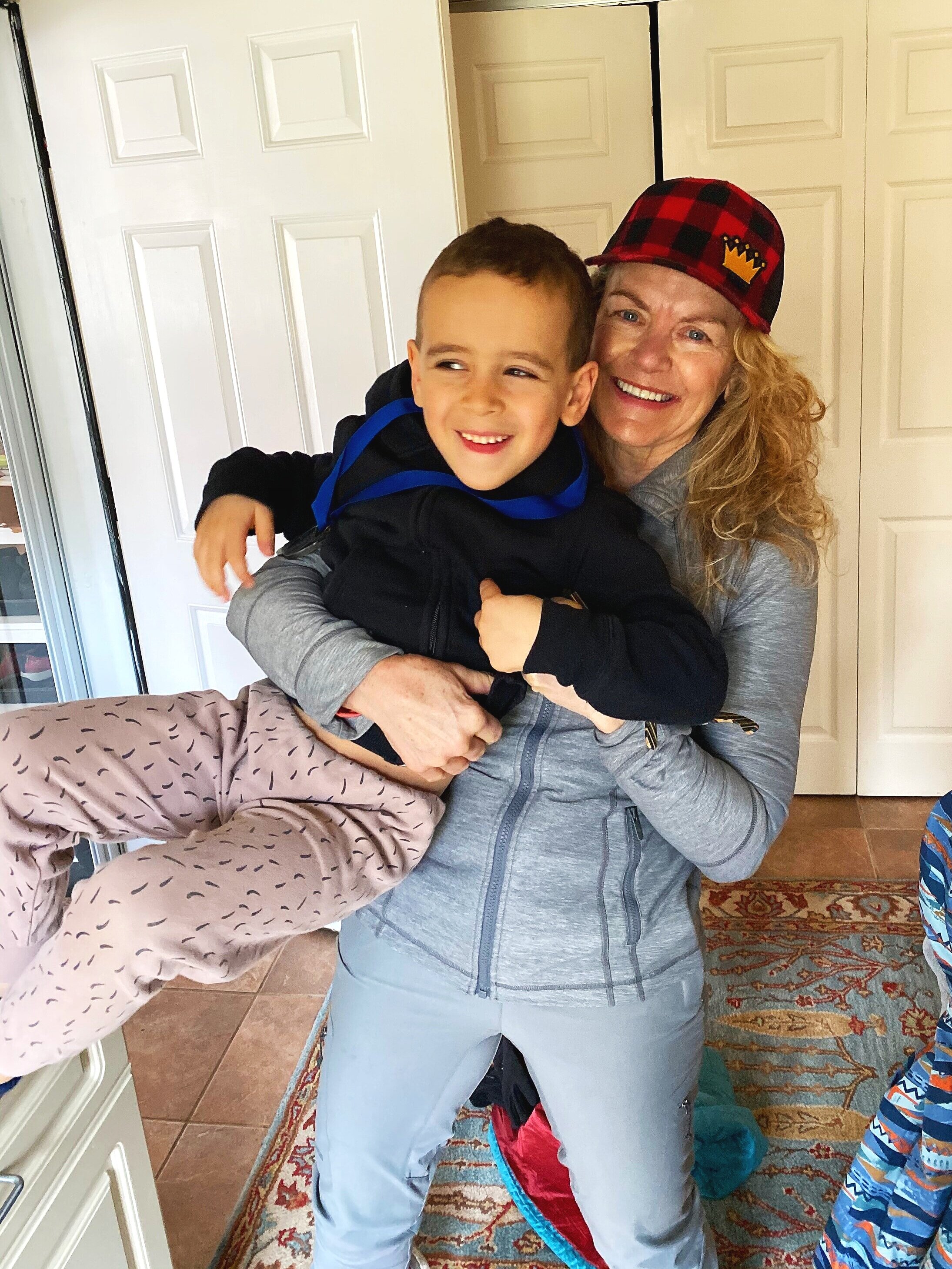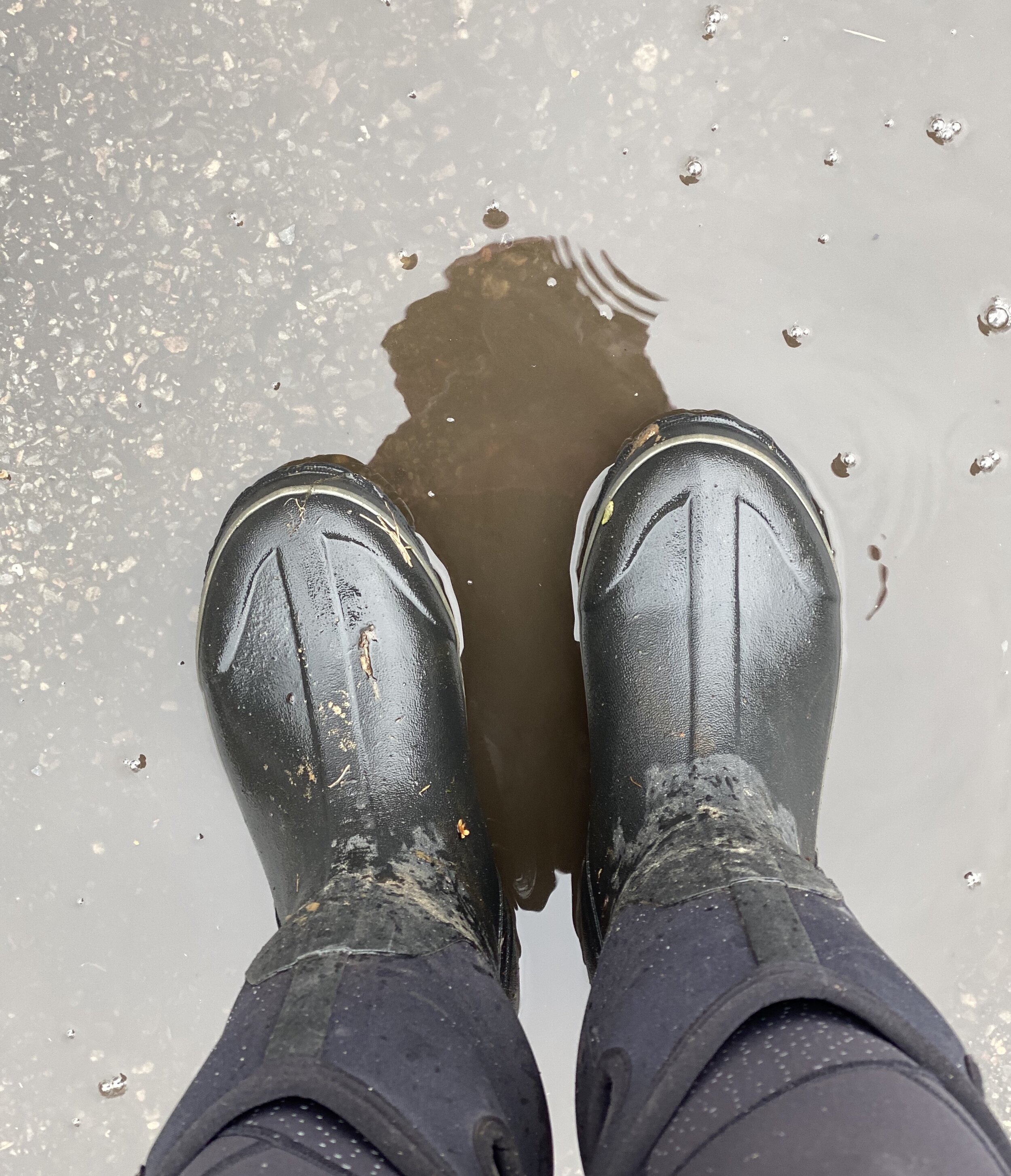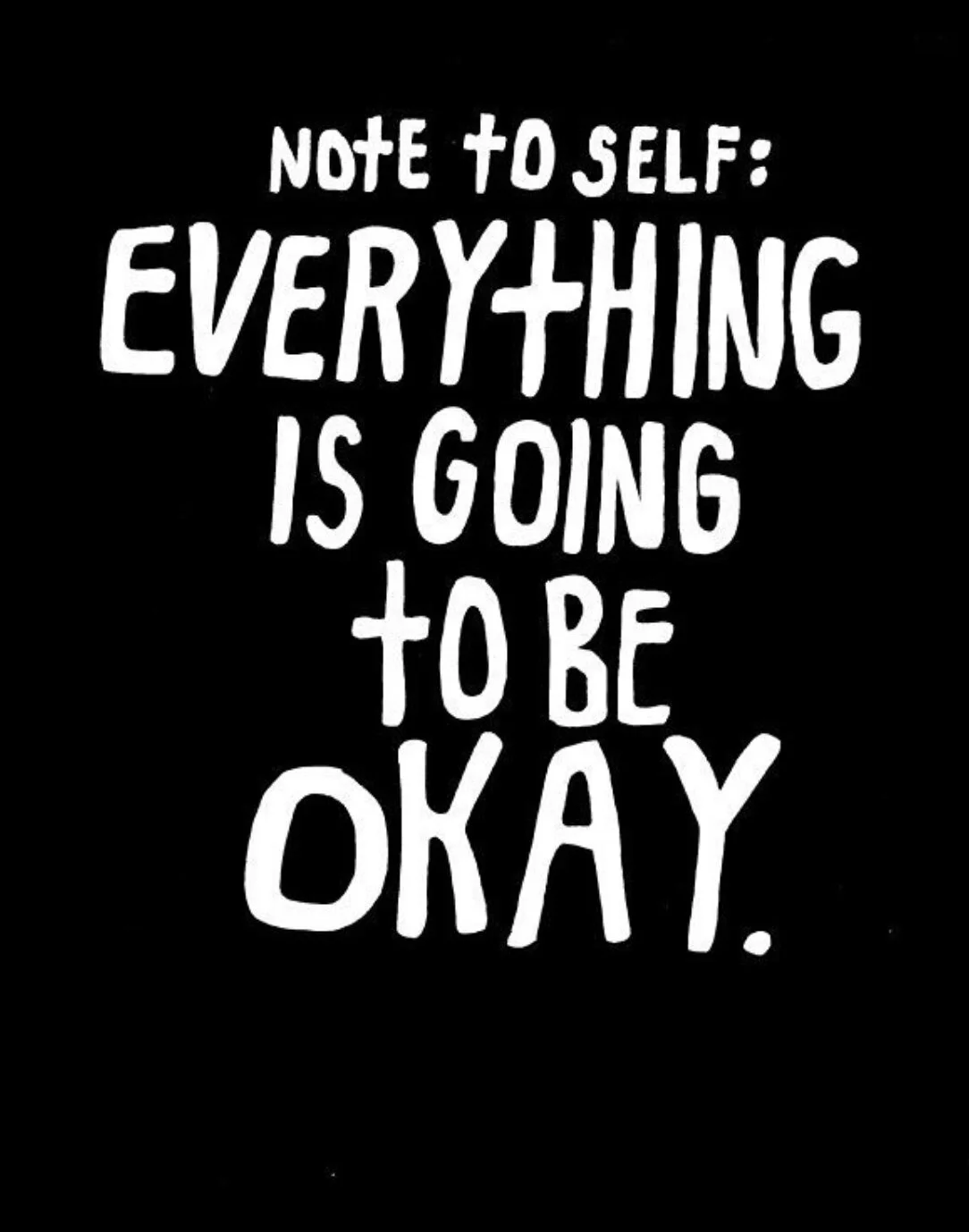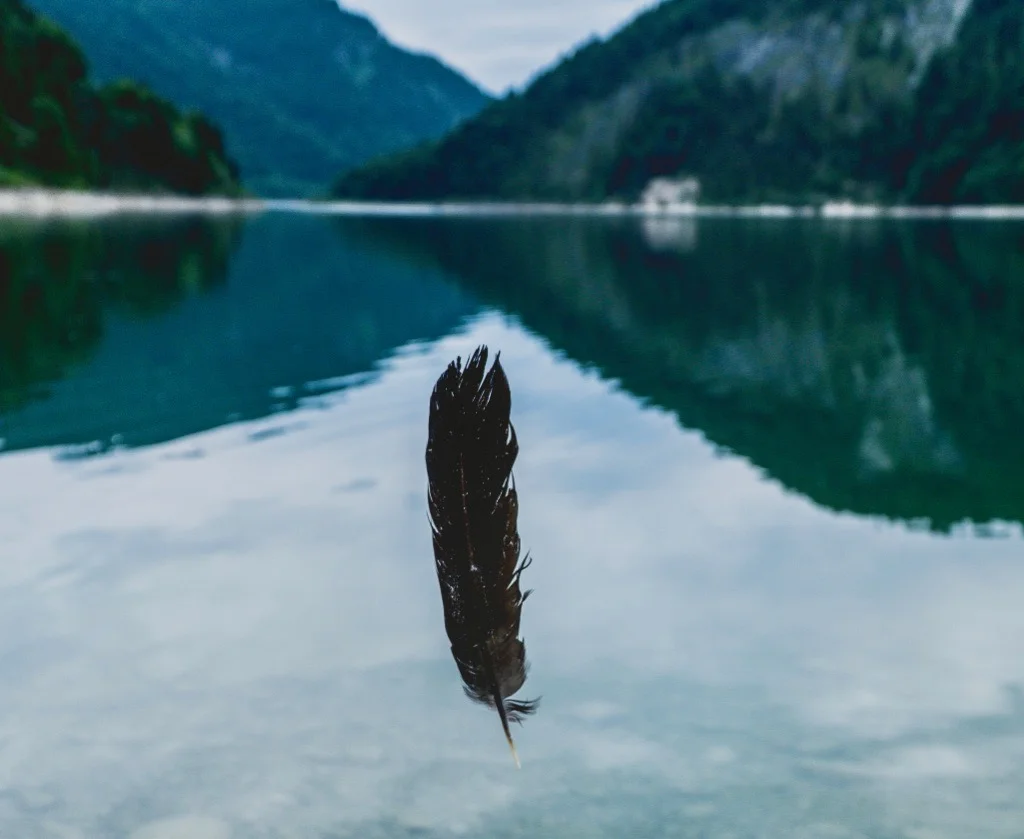7 Things I Learned This Spring
2020
Love In The Time of Corona
As I write we are nearly four weeks into ‘COVID Phase 2’ (beginning on May 30, 2020 for our family.) We had already spent COVID Phase 1, the previous eighty days, quarantined together with our eldest daughter and our 4.5 year old grandson, Sino, from Ohio; and Sino’s father—collected via DC on the drive north. The arrangement came on very quickly—no preamble—because it made the most sense for all parties involved, especially Sino. It was tight, intense, and amazing. Every. Single. Day.
We fell into a working rhythm immediately, each adult making time for work and childcare shifts. Our daily schedule helped to keep us sane: productive and feeling optimistic about what we were contributing to our quaranteam effort. I got to hike or bike everyday with Sino; he learned to ride a two-wheeler on my watch, which is a silver-lining moment I will cherish for the rest of my life. Popop had the slot devoted to chasing the alien hovercraft around the yard, and when quiet time came around, we cuddled with a bowl of popcorn and a movie. We played Uno! so often, the cards started to fall apart. We had an extraordinary experience with our little man—a magical opportunity that we never, ever could have imagined.
Around March 11-14 I think many people were very suddenly pitched into a wide array of moral dilemma scenarios that no one could have predicted. What I find remarkable is how quickly adaptable everyone was to a ‘new normal’. Granted, it was a pandemic, but if anyone had proposed such living arrangements pre-COVID I don’t think any one of us could have fathomed—much less opted—for eighty days of confinement together. Ironically, my January 2020 Intention was this: To learn to sit with what makes me uncomfortable. Boy, did the universe deliver. We had just started a pretty major construction project and suddenly four people are working from home. Because of our already full (and compromised) house we had to tell our middle daughter, in from COVID-infested Tahoe, that we could not accommodate her, her partner, and their dog, and that they had to make other arrangements for a Vermont quarantine. Ouchy. Daughter #3? She was benched on her couch, suffering chronic pain while awaiting hip surgery 3,000 miles away. Combined with a daily deluge of empathy overload, initial food source worries, and a pervasive brain fog, this was hard stuff to continually metabolise. My circuit breaker kicked in with a couple of whopper vertigo attacks just to round things out.
I learned a lot about love during these eighty days. I learned that my tidy little world and schedule can handle being broken open and inconvenienced. I learned that thinking for others and being a fixer is not loving, it’s just controlling. I learned that my heart can be broken open and it will still function just fine. I learned that love is like a skyscraper: there are so many depths and heights to it that I didn’t know about before, and that I can live on any floor of love, and it will still be okay. Beyond my wildest imagination and fears and worst-case scenarios, I learned that I will still be okay—that we will all be okay. Ultimately, it really doesn’t matter what the question or the challenge in life is, the answer will always be love because we are a planet full of humanity connected to the Divine.
Team Sino departed on May 30, planning to ride out COVID Phase 2 in DC. As I write, Jeff and I are cloistered at our lake cottage. Reflecting back, we were profoundly moved by the grace and maturity that our kids exhibited during this necessary but surreal stretch. Sino is blessed to have two of the most generous, devoted parents on the planet. We miss them. We came together as a family. We did hard things.
I am not so much family fatigued as I am freedom fatigued. Being able to simply move about and do normal things without fear—I miss that kind of freedom. My twin flame theme for Summer 2020 is reclaiming my sovereignty and solitude: I crave privacy and the quiet to write, read, and rest. To just BE. This I know about the future: I will need to stay broken open to unimaginable possibilities for quite a bit longer, probably forever. I will choose to stay open to the positives of being broken open, too. This thing is not even close to being over.
Stay broken.
Stay broken
Open.
Stay broken
Open
The wound again and again
Until it bleeds compassion for all.
Stay broken.
Open
The wound again and again
Until it bleeds compassion. For all
Who suffer, you are becoming a
Wounded healer.
-Poet Kevin Anderson
Silver Linings: One Day At A Time
Several people have asked me if I remain alcohol-free—even during COVID—and my answer is yes. Some are astonished. What they are forgetting is that the side effects of my sporadic vertigo episodes (and I had a few during COVID-P1) are so traumatic that alcohol is the furthest thing from my mind. An episode comes out of nowhere and I experience extreme disorientation for hours; I am neurologically wiped out following the attack—think of the worst hangover you’ve ever experienced lasting for days. It takes me weeks to fully heal. Trust me when I say that it’s no hardship to eschew booze.
What I found kind of odd during COVID-P1 though is that when the weather started to turn nicer, I would catch myself thinking about maybe enjoying a celebratory glass of wine; this thought hasn’t occurred to me in well over two years. Because this thinking doesn’t jive with my desires or state of health, I was very curious as to why I would be having these thoughts. It took me a while, but I finally figured out that the perpetual use of hand sanitizer, which leaves a pungent trail of alcohol fumes, was triggering something deep inside my old bio-wiring. Once I made this connection, I could step back and look at it with calm and objectivity—even a little wonder. It made me wonder what other things or situations in my life trigger old stuff that doesn’t serve me any longer.
R.A.I.N.
This Spring I learned about a tool that has helped me to remain more present during this trying time: R.A.I.N. It’s a simple acronym for metabolizing feelings. Instead of a predicament or challenge defaulting me to the mindset of useless self-criticism, it helps me to get to the logical bottom of things—like the hand sanitizer trigger.
Recognize—the feeling and name it Allow—the feeling, really feel it Investigate it— become curious about why; be kind to yourself Nurture—calm and self soothe without judgment
We have all experienced a collective trauma during COVID-P1. This energy is now stored in our nervous system. Despite my optimism and gratitude for how we have weathered so far, I often feel like I have a slow leak that I just can’t patch. A quiet dread has elbowed its way into my heart where joy use to reign. I’m realizing that staying grounded and present are self-care practices that remain vital. Just because things seem to be loosening up during COVID-P2 and the healing process feels like it should begin, I don’t feel the need to resume or rush just yet. I am recommitting to deep comfort and solitude practices as we continue to maneuver this COVID marathon.
One silver lining for me during this time is how I learned to navigate eighty days of quarantine with a houseful of hungry people: it was one day at a time. This was new territory for me. I have always been a champion planner and scripter, but COVID-P1 helped me to slow things down and experience more grace and more joy during the simple moments of our day to day quarantine. One day at a time thinking invites possibility, it makes room for spontaneity and relieves anxiety; it concentrates my intentions and energy into something I can experience with more satisfaction. Learning to take things one day at a time may be a simple concept, but it is not necessarily an easy thing to maintain. Still, it’s a practice I’m committing to and it complements my Game Time Decision tool nicely.
Food For Thought
Someone recently asked me this question: ‘If you could give a Ted Talk for 20 minutes on any topic, what would it be?’ I had absolutely no idea what to say; in fact, it took me 24 hours to settle on my answer, and when I did, it was like a bullseye arrow through my heart. My heart bleeds every day for people who are hungry. And especially now, millions more families are suffering from food insecurity and outright daily hunger during the pandemic. While hunger has always been a confounding crisis for our wealthy society, this dire issue has been amplified to the tenth power during COVID.
For many of us it’s the first time we have ever had the slightest whiff of what food scarcity might even feel like only in that our access to resources has been somewhat restricted and we sometimes have to get creative with sourcing supplies. Our family’s quarantine practice was very restrictive because Sino and I have asthma, placing us in the high-risk category and sourcing was scary for a while. I didn’t go into a grocery store for nine weeks (yet that’s all I could obsess about doing—and I don’t even like to grocery shop.) It was always sobering to think that food issues could get worse very quickly; to have a lack of agency over sourcing necessities while trying to cook for a houseful of hungry people was a daunting proposition that was entirely new to me. I am perpetually shocked and dismayed that our wealthy nation cannot feed itself on the best of days, never mind in an emergency. It’s an outrage at the top of a growing list of COVID exposures.
In the middle of our global reckoning, what can we do? Monetary donations, contributions of food, and advocacy with organizations like local food shelves and Hunger Free Vermont for starters. There is a poignant scene in the book American Dirt by Jeanine Cummins. A group of three migrant women, with a child, are spotted by a local doctor on a remote and dangerous roadside. They have endured unimaginable hardships; they are dehydrated and starving, but so traumatized that they trust no one and rebuff his offers of help. The doctor finally convinces the group to permit him to at least buy them a meal. The modest meal and water literally saves their four lives that day.
What struck me was how authentically and deeply the doctor was able to express his humanity through a simple act of kindness. Kindness is more than being nice or acting polite; acts of true kindness occur during the inconvenient moments when we are able to override our impulse to behave otherwise. The doctor simply did what he could in the moment and then he moved on. He didn’t get stalled trying to save them, or to save the world; he didn’t worry about what he wasn’t able to do, he simply aliviated suffering when he saw it to the best of his ability, and it made a significant difference to others in that moment. Something was better than nothing; it was enough. I think this is what is at the core of things for me now. I’m learning to divert the energy I waste worrying how to solve insurmountable political problems on the macro level in my head, and I’m trying to live things more at the micro level from my heart, sharing simple acts of intentional kindness. ‘Humanity is Contagious’—that’s my Ted Talk, and I’m sticking to it.
‘The hottest places in hell are reserved for those, who in a time of moral crisis, preserve their neutrality.’ —Dante The Divine Comedy
The Nemophilists
This Spring I learned this word, and it made me swoon! Nemophilist: ne-’mo-fe-list is a haunter of the woods, one who loves its beauty and solitude. Sino and I spent eighty days—from Winter’s lengthening light to a Spring’s full-on bloom—surrounded by nature’s grace. Each day we tramped around in our matching set of indestructible Bog boots. Everything we needed was right around us. We were solitary trekkers witnessing a rare event unfolding day-by-day right before our very eyes: a Vermont Spring. We found adventure in the simple—every wiggly worm, fat robin’s nest, and fuzzy pussy willow elicited unabashed delight. Cardinal birds flashed us as we picked up trash, learned to ‘nature pee’ and took our Belvita cookie breaks. We even spawned a new sport—swamp tramping (Bog boots definitely required.) We hugged healthy trees and ceremoniously bid adieu to the olden trees, all of us connected in nature’s circle of life. The flora, the fauna, the trails, the mud, our own personal owl, Henrietta; the beauty, and the solitude—the satisfaction of this bonus of time spent alone, together.
Sorry! Not Sorry?
Sino and I played the old school board game ‘Sorry!’ pretty much every day. At first, I thought it was a lifesaver—it’s a game of strategy, skill, and luck and he plays it with joy and aplomb, even elevating the stakes with a few rules of his own. What I came to notice over time is that the saccharine, insincere ‘Sorry!” that gets bellowed regularly during this game was infecting our everyday life. This game is basically reinforcing schadenfreude, a concept I was surprised to learn is easily grasped by a four and half year old. Repetitive rounds of glee at the expense of others discomfort or loss is disingenuous at best, and destructive at worst. This is the platform that FOX news was built on and the virus our ‘leadership’ spreads on a daily basis. Sure, it’s only a game; the problem is that generationally we’ve all grown up conditioned by a game that didn’t teach us about the importance of deep empathy—the ability to share the perspective and feelings of another person, and sincere compassion—acting on those feelings in an effort to help.
In a divine coincidence, a friend had loaned us a bag of children’s book which contained a gem called That’s Not Funny! all about schadenfreude, and it bridged this learning concept for Sino. My trifecta of awakening occurred when I happened to be listening to a podcast on the elements of a good apology.
Learning how to genuinely apologize is the ketchup to the french fries of compassion. (now, that’s funny!) We could all use a good primer on the basics of how to do this more effectively, especially now. My nascent abilities on how to authentically apologize got a lot of real-time practice during quarantine COVID P1. Holy smokes. I don’t know why this vital skill is not taught in a formal curriculum, like driver ed. Seriously. It’s a blue-chip investment toward becoming a wholehearted human while paying huge dividends towards world peace—all in one simple package. Readers, you are well acquainted with my devotion to all things Brené Brown. I must say that this time she really takes things to the next level with her Unlocking Us podcast. This two part podcast with Harriet Lerner, PhD, is called ‘How To Apologize and Why It Matters’.
PS: I sincerely apologize in advance for what may seem like hyperbole to you, but please give it a listen, and please pass along the love.
Grace Note
Solitude, Sovereignty & Sanctuary—everything feels illuminated right now. I am resting, metabolizing, evaluating, sorting, selecting, releasing, simplifying, and savoring. The essence, the nugget, this moment is mine to do with as I please during this ‘sweet confinement of relative aloneness.’
I love the Poet David Whyte’s work, and especially his classic set of questions: ‘What do you want more of?’ and ‘ What do you want less of?’ These are the essential ones—to ask yourself, and to ask your loved ones.
Sweet Darkness
When your eyes are tired
The world is tired also.
When your vision has gone
No part of the world can find you.
Time to go into the dark
Where the night has eyes
To recognize its own.
There you can be sure
You are not beyond love.
The dark will be your womb tonight.
The night will give you a horizon
Further than you can see.
You must learn one thing:
The world was made to be free in.
Give up all the other worlds
Except the one to which you belong.
Sometimes it takes darkness and the sweet
Confinement of your aloneness to learn
Anything or anyone
That does not bring you alive
Is too small for you.
— David Whyte
I’d love to hear from you—feel free to send your comments to me.
KINDNESS
by Naomi Shihab Nye
Before you know what kindness really is
you must lose things,
feel the future dissolve in a moment
like salt in a weakened broth.
What you held in your hand,
what you counted and carefully saved,
all this must go so you know
how desolate the landscape can be
between the regions of kindness.
How you ride and ride
thinking the bus will never stop,
the passengers eating maize and chicken
will stare out the window forever.
Before you learn the tender gravity of kindness,
you must travel where the Indian in a white poncho
lies dead by the side of the road.
You must see how this could be you,
how he too was someone
who journeyed through the night with plans
and the simple breath that kept him alive.
Before you know kindness as the deepest thing inside,
you must know sorrow as the other deepest thing.
You must wake up with sorrow.
You must speak to it till your voice
catches the thread of all sorrows
and you see the size of the cloth.
Then it is only kindness that makes sense anymore,
only kindness that ties your shoes
and sends you out into the day to mail letters and purchase bread,
only kindness that raises its head
from the crowd of the world to say
It is I you have been looking for,
and then goes with you everywhere
like a shadow or a friend.
